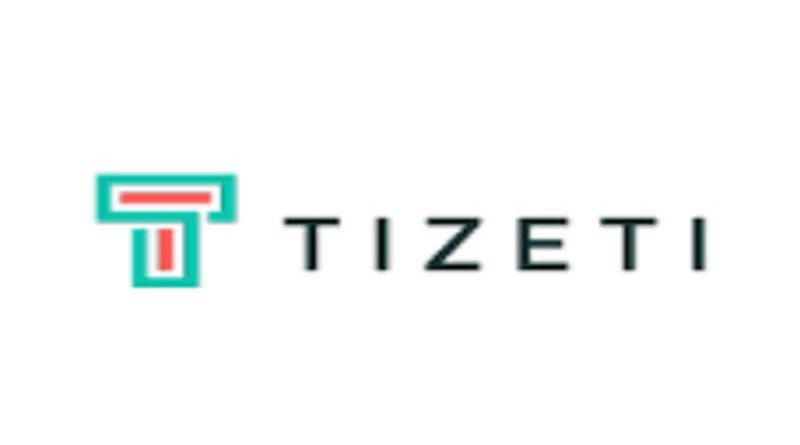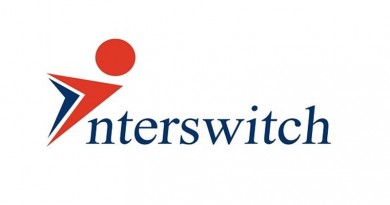Chapel Hill extends financing to Tizeti for internet access expansion in Nigeria
Chapel Hill Denham’s has agreed to provide long-term financing to Tizeti Network Limited, a leading solar-based internet service provider in West Africa, through its Nigeria Infrastructure Debt Fund. This senior debt facility will be used to support the expansion of Tizeti’s state-of-the-art broadband network across 15 states in Nigeria.
Anshul Rai, the CEO of NIDF, expressed his enthusiasm for partnering with Tizeti to bring fast and reliable broadband to Nigeria. He emphasized the importance of the digital economy in driving the country’s economic and social development. By providing affordable internet services, they aim to unlock the true potential of digitization and support Nigeria’s goal of achieving 70% broadband penetration by 2025.
Kendall Ananyi, the founder and CEO of Tizeti, shared his excitement about securing this debt facility with Nigeria’s largest infrastructure debt fund. He highlighted the opportunity for domestic capital to address digital exclusion barriers in Nigeria and expressed hope for more partnerships in the future. With this funding, Tizeti plans to expand its last-mile digital infrastructure, improve connectivity, and become the largest internet service provider in Nigeria by coverage.
Currently serving over 3 million subscribers in Nigeria, Tizeti will utilize the debt funding to build new internet infrastructure and acquire additional equipment to enhance its services in five States.
The Company plans to use the debt funding to expand its internet infrastructure and purchase more equipment in order to offer its services in Delta, Akwa Ibom, Cross River, Abia, Anambra, Imo, Enugu, Abuja, Kano, and Kaduna. Currently, Tizeti charges its customers a monthly fee starting from N12,500, which is the most competitive price in Nigeria. This fee includes unlimited data usage and streaming.
In many African countries, there is still a significant digital divide. This divide has consequences for employment, education, family and social life, and access to information. According to the World Bank, increasing broadband penetration by 10% could lead to a 2.8% growth in Gross Domestic Product.
Partnerships like this one play a crucial role in addressing the digital infrastructure gaps in emerging economies. By leveraging innovative technology and capabilities, these partnerships can improve development outcomes for millions of people.
The Nigeria Infrastructure Debt Fund (NIDF) is the largest infrastructure fund in Nigeria and the first-ever listed infrastructure fund in Africa. It provides long-term financing in Naira for infrastructure projects in Nigeria. NIDF helps project sponsors avoid currency and tenor mismatches between their financing and revenues.
With a capital base of over 92 billion Naira, NIDF has a diverse portfolio of infrastructure loans in sectors such as power generation, energy infrastructure, transportation, telecom, and social infrastructure (education and healthcare).
NIDF’s investor base includes the African Development Bank (AfDB), Nigeria Sovereign Investment Authority (NSIA), and most of the pension funds operating in Nigeria. By mobilizing domestic capital for infrastructure financing, NIDF has set an example that can help bridge the infrastructure gap not only in Nigeria but also in other African countries.
Tizeti, a rapidly growing Wireless Internet service provider in Lagos, Nigeria, offers high-speed unlimited Wi-Fi Internet access to both residential and business customers through wide-area Wi-Fi. Their services are not limited to Lagos alone, but are available throughout the entire country. Moreover, Tizeti is making great strides in expanding its operations to other African countries. They have already achieved successful launches in Accra and Tema, Ghana, and have recently expanded to Cote D’Ivoire as well.




